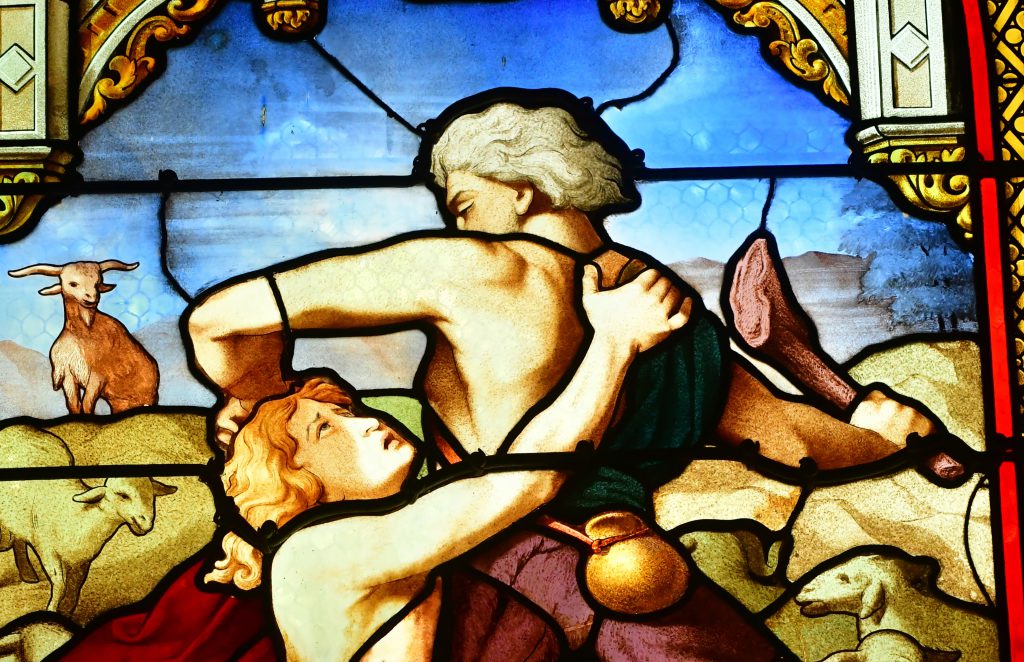While there is no obvious explanation given for the rejection of Cain’s offering in Genesis, there are differences in the details of the two offerings that provide some clues: First, Abel gives of the firstlings (first fruits) of his flock. There is no mention that Cain gave of the first fruits of his crop.
In biblical legislation, God commanded that the tithe be given. But it was not any tenth that was to be given, rather it was the first tenth that was to be given (see Ex 23:16,19; 34:26; Lv 23:10 to name just a few). Thus Cain erred by not presenting first fruits, and God did not regard his offering. We are not to give God leftovers.
A second, though less certain, problem may be that Cain offered a cereal offering, not a blood offering. Scripture attests that it was necessary to shed the blood of animals for the remission of sin. Hebrews 9:22 says, “According to the law almost everything is purified by blood, and without the shedding of blood there is no forgiveness.” This is confirmed all throughout the Old Testament wherein God specifies the sacrifice of certain animals for Temple worship. This theory is not without a problem, however, since cereal offerings and other offerings from the harvest are elsewhere commanded and acceptable to God (see Lv 2:14 for just one example).
Whatever the full reason, the Book of Hebrews attests: “By faith Abel offered to God a sacrifice greater than Cain’s. Through this he was attested to be righteous, God bearing witness to his gifts” (11:4).
Cain’s reaction to God’s response goes further to indicate a third area of concern, not for Cain’s offering, but for his disposition. As we shall see later in 1 John 3:12, Cain’s offering was not just lacking, it was evil. And this indicates not a merely external problem with Cain’s offering but an internal disposition of sin that renders his offering displeasing to God. And thus one can offer a technically perfect sacrifice to God, but if we offer it in unrepented and serious sin, God is displeased and we can even bring condemnation on ourselves (see 1 Cor 11:29).
Here, too, the Genesis text hints at the “heart problem” Cain brought to the moment. Scripture says: “Cain was very angry and dejected [that God did not regard his sacrifice]. Then the Lord said to Cain, ‘Why are you angry? Why are you dejected? If you act rightly, you will be accepted; but if not, sin lies in wait at the door; its urge is for you, yet you can rule over it’ ” (Gn 4:5-7).
The image of sin that lies in wait at the door is a powerful one. In permitting his anger and envy to grow toward his brother, Cain is moving toward darkness and sin. He must learn to master his anger and all his passions.
Sadly, Cain gives way to sin and murders his brother. Thus the First Letter of John tersely notes: “Cain … belonged to the evil one and slaughtered his brother. Why did he slaughter him? Because his own works were evil, and those of his brother righteous” (3:12).
Rev. Msgr. Charles E. Pope is a priest of the Archdiocese of Washington, D.C.

